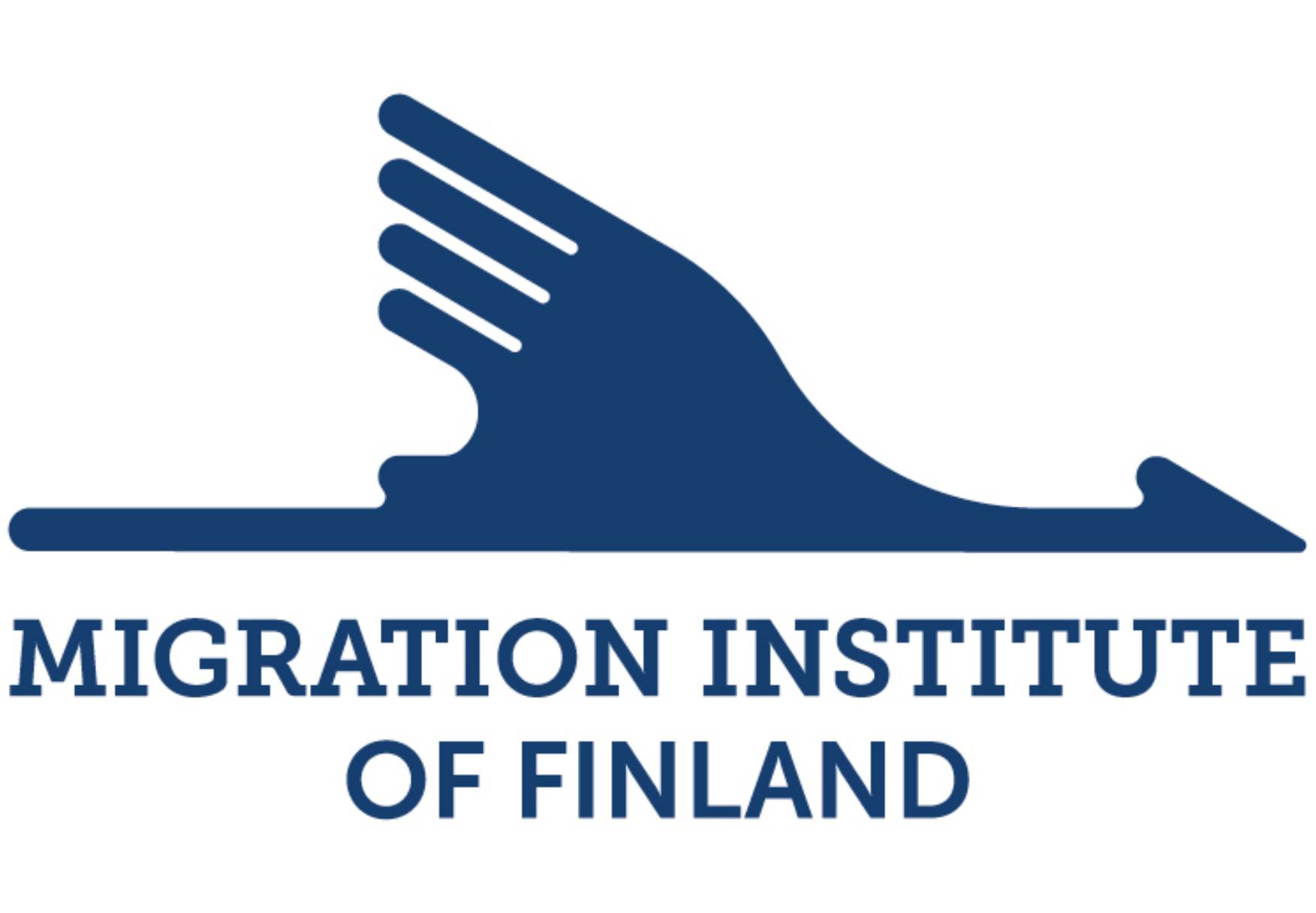Kone Foundation | 2025 – 2029
Finland and Sweden will soon introduce citizenship tests. This ongoing policy change will require both nation states to clearly and publicly define their cultural boundaries in ways which challenge their current principles of naturalisation. Previous research shows that citizenship tests do not improve integration but hinder the naturalisation of vulnerable people in particular, thus functioning as tools of border control. In my project, I compare the ongoing implementation of citizenship tests in Finland and Sweden through the framework of critical border studies, which is rarely used within the research field. I will follow the political processes from the perspectives of politicians, bureaucrats, citizens and citizenship applicants. I will place the Finnish and Swedish citizenship tests in international context by comparing them with tests used in other countries. What kinds of boundaries do the tests produce and who do they include in the nation? How do Finland and Sweden draw on each other’s policies and how do the contents of the tests compare with citizenship tests in other countries? How do Finnish and Swedish citizens from different backgrounds and citizenship applicants understand the citizenship tests and the borders of the nation? Do they have alternative suggestions for how to test citizenship? I use a multi-method approach to analyse policy documents, citizenship tests from different countries, interview material with experts, test designers and implementers, as well as focus group interviews with citizens and citizenship applicants from different backgrounds. I will present fictional applicant profiles to interviewees and conduct a mock citizenship test in the context of focus groups. In my research, I bring new Nordic, international and transnational perspectives to citizenship testing, its racialized, gendered and classed boundaries, and to our understanding of the multidimensional border politics of our time.
Researcher:

